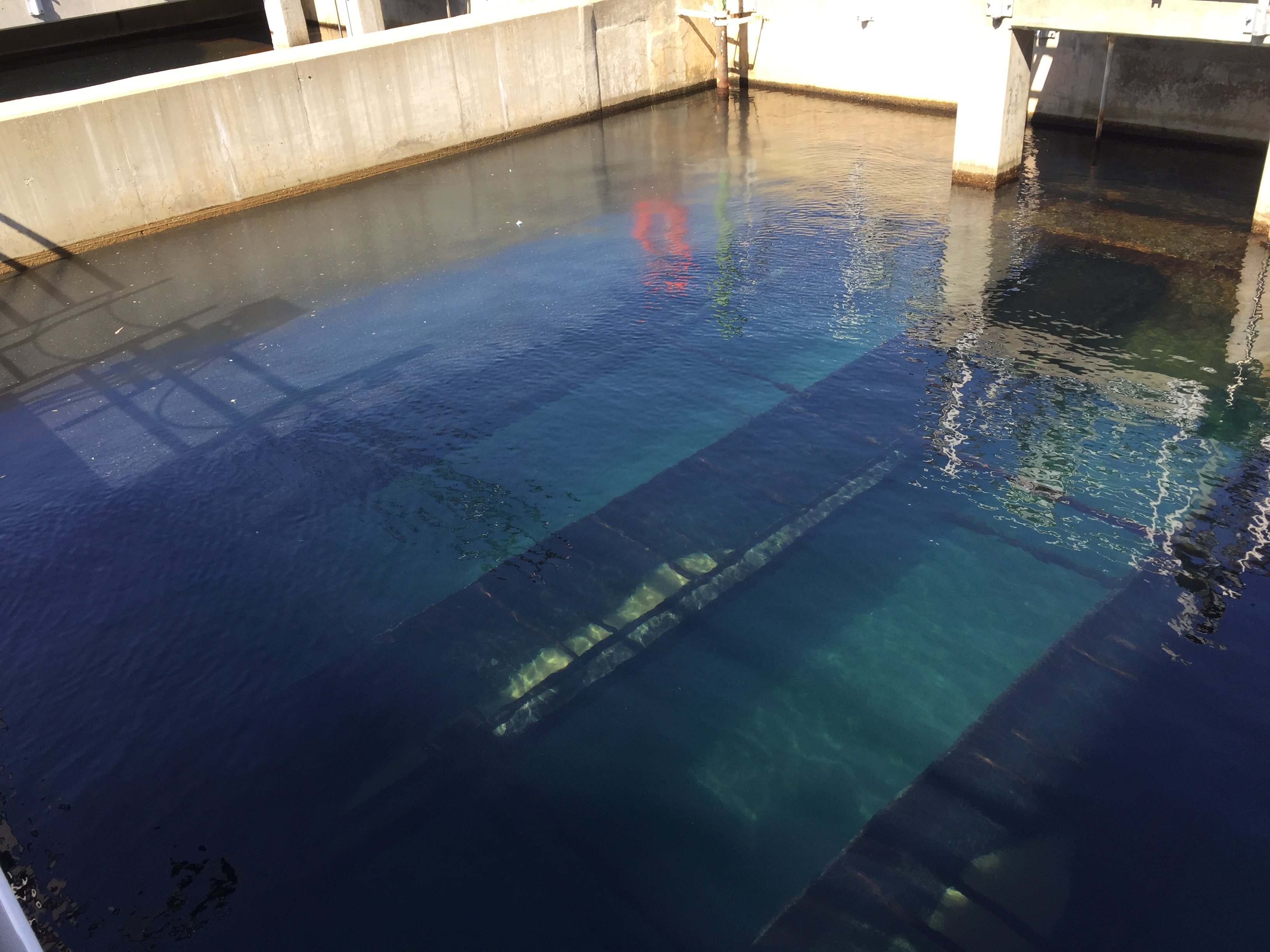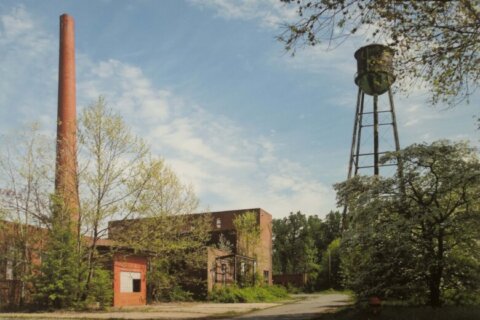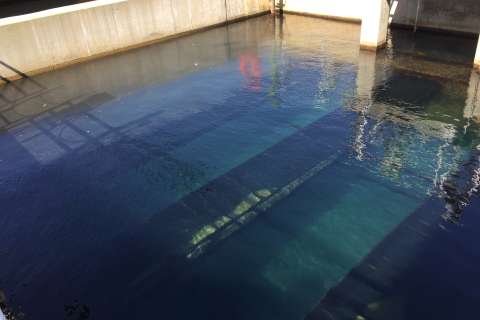
LAUREL, Md. — Challenges faced by an area water system reflect issues that helped the nation’s aging infrastructure earn a failing grade from the American Society of Civil Engineers.
From highways to bridges, aviation and drinking water — America’s cumulative GPA from the ASCE is a D+. The engineering group believes it’d take investments of $157 billion a year to begin to address problems leading to the failing grade.
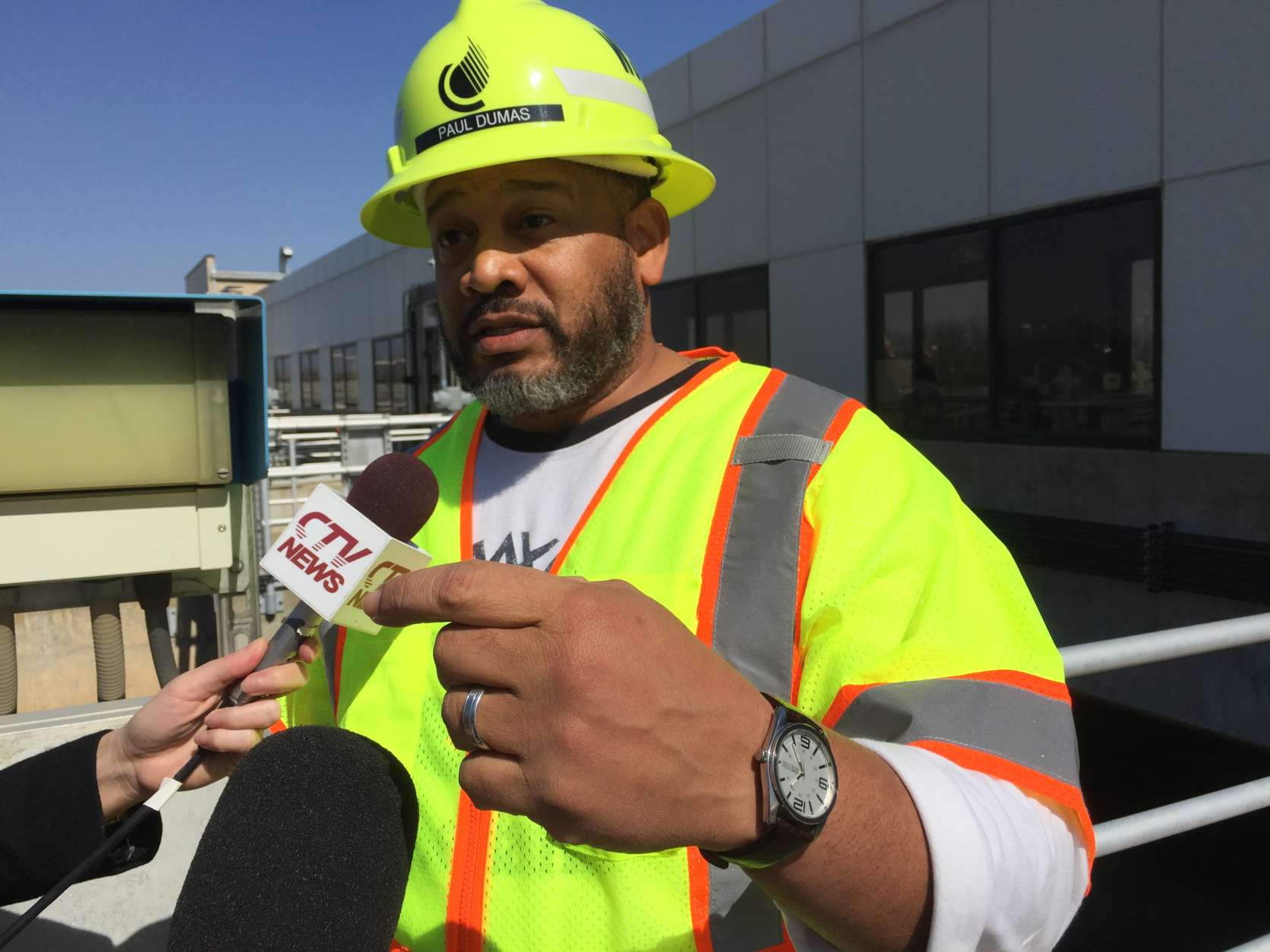
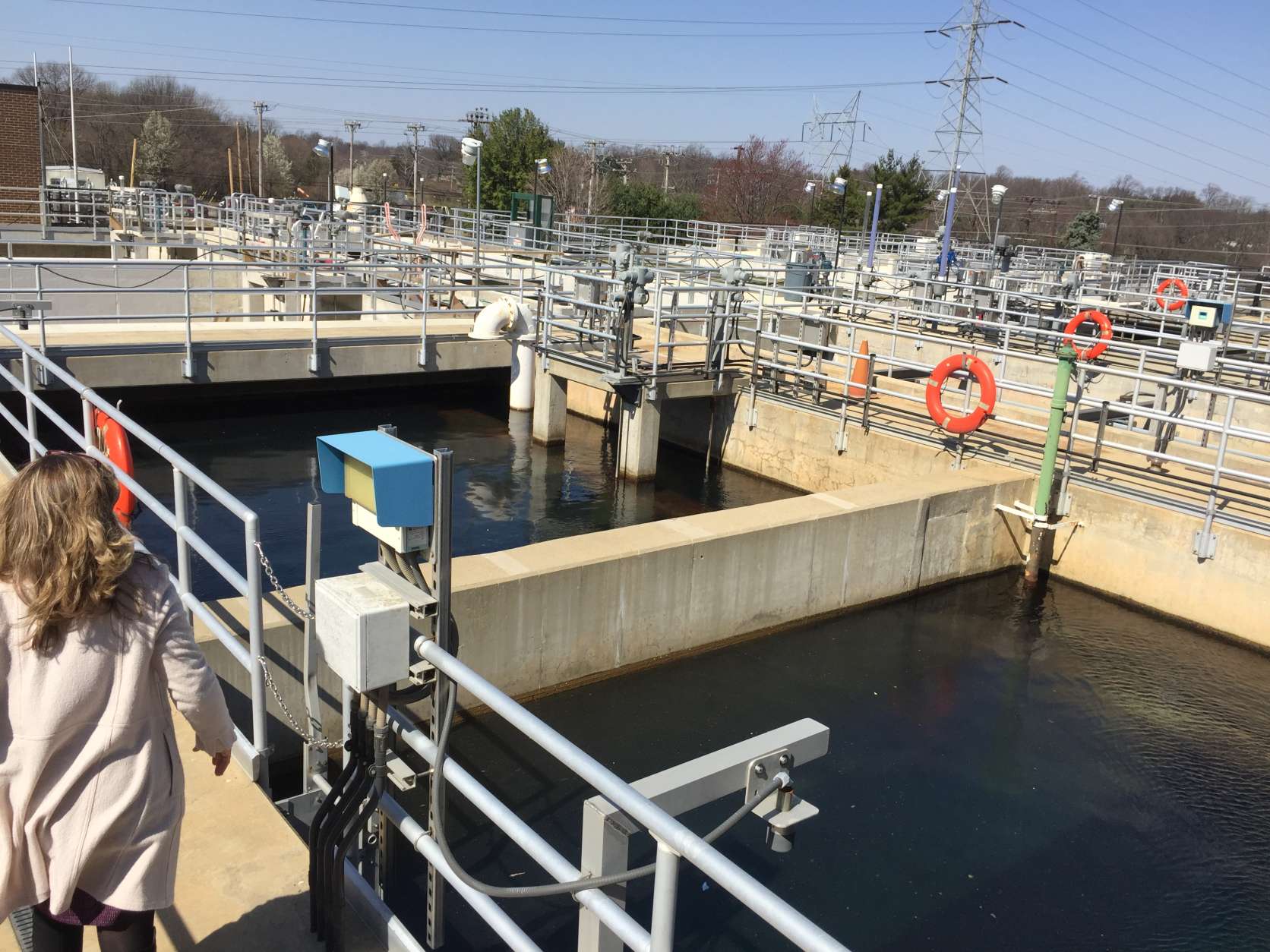
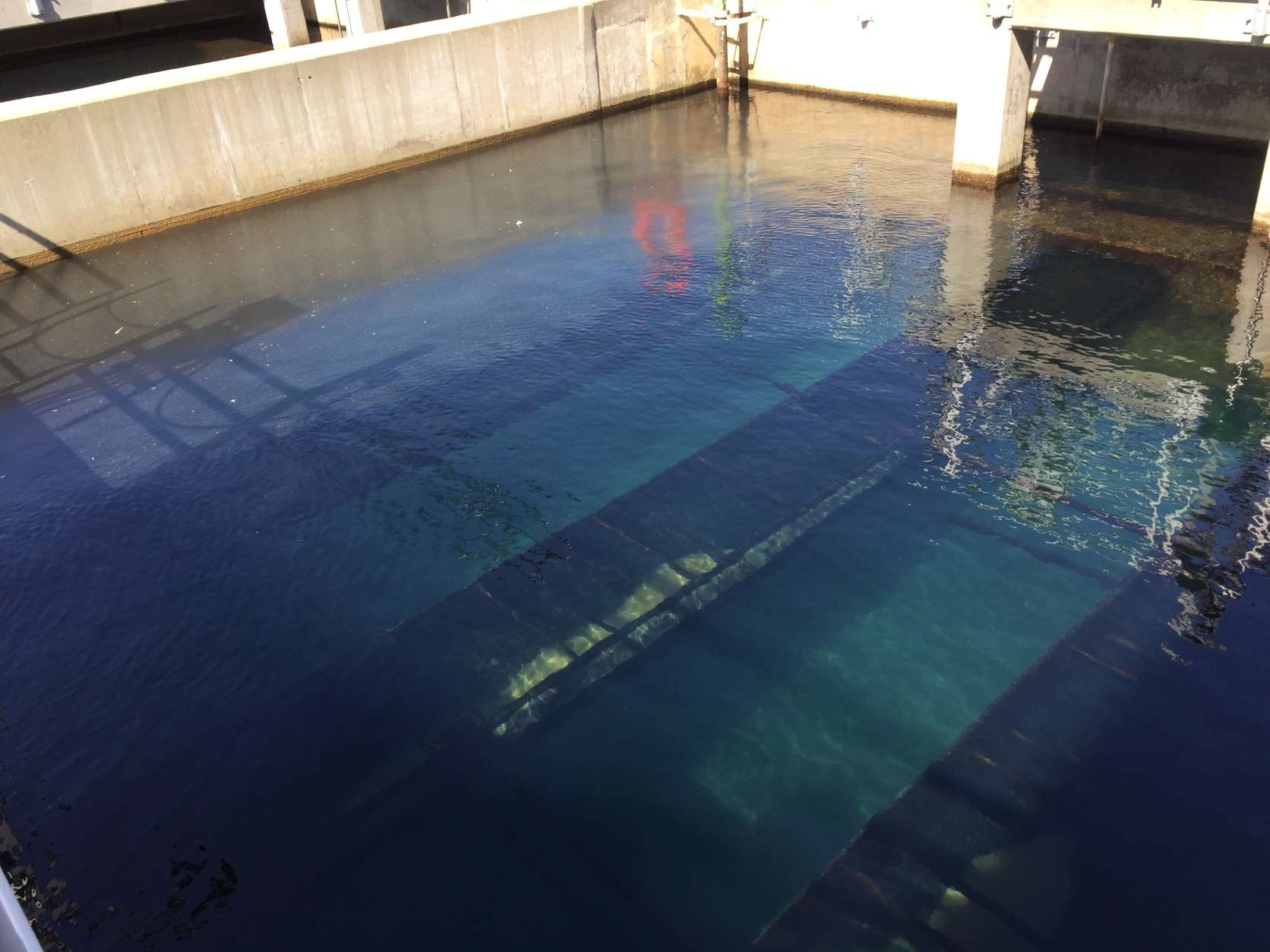
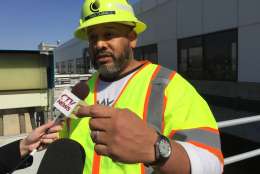
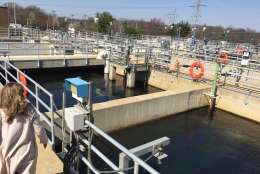
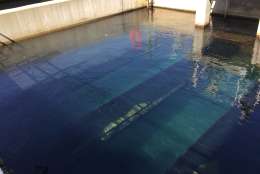
The ASCE national grade for drinking water is a D, and for wastewater is a D+.
“Based on the aggressiveness of our replacement schedule, we are far ahead of the nation,” Washington Suburban Sanitary Commission GM/CEO Carla Reid said. WSSC provides drinking water and sewer service to 1.8 million customers in Montgomery and Prince George’s counties in Maryland.
About one-third of the WSSC pipes are more than 50 years old and need to be replaced.
WSSC is investing $1.9 billion over the next six years to replace, renew and upgrade portions of its buried assets. Reid asked customers to be patient and understanding of rate hikes that happened last year and are coming again in July.
“We are now living off the backs of our grandparents and the investment that they made in the system,” Reid said. “Don’t forget about what we can’t see.”
Local lawmakers are working to help provide federal funding for infrastructure upgrades.
“Congressman John Delaney has proposed legislation right now … that names each of the types of infrastructure,” Reid said, including the replacement of buried assets.

